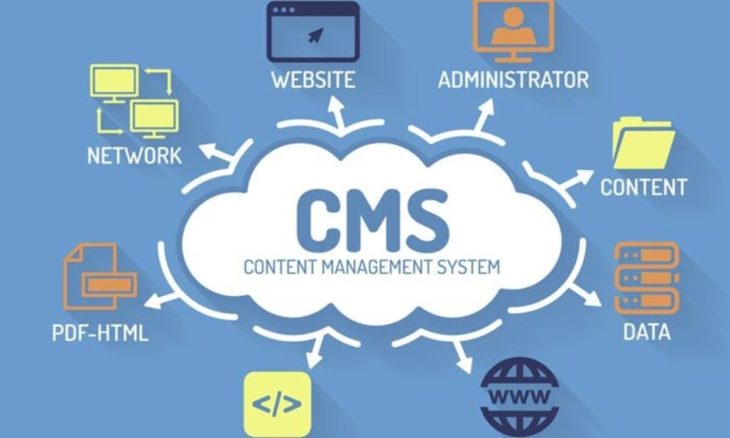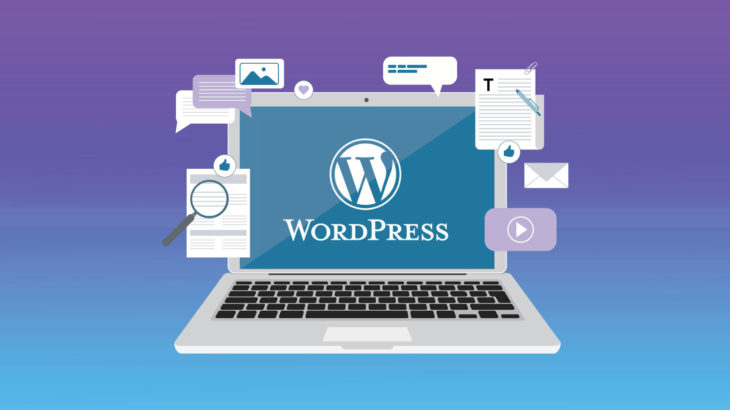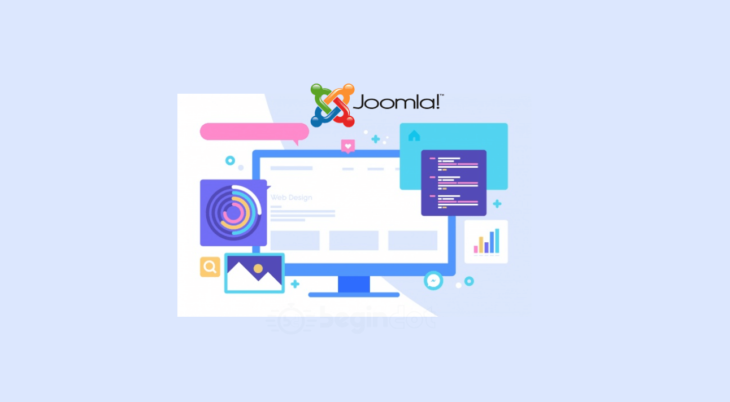Launching a website is simple. You don’t need to be a programmer to setup a domain. Nor do you need HTML expertise.
A good content management system (CMS) is all that’s needed.
Contents
What’s a Content Management System?

Source: conveyz
CMS platforms give you a control system for proper website management. They make it easy to adjust website aesthetics, scripts, and SEO.
Consider them the “outer skin” of your website. A CMS lets you develop and publish content with minimal delays.
Important Note
In the earlier days of website building, using a CMS was difficult. However, their design has become user-friendly over time.
Today, the largest CMS platforms cater to small businesses and the everyday user. So you shouldn’t need extensive coding knowledge to operate one.
The Capacity to Customize
CMS platforms give you the ability to install “extensions or plug-ins” that suit your project needs.
They’re the toolsets necessary to manage your site. They include everything from custom contact forms, to readability adjustment editors.
They may even be tools that analyze your page loading speed, website bugs, etc.
A Multi-Project Tool
Most people assume that content management systems are for blogging.
While it’s easy to launch a blog with a CMS, you can use one for any business model.
A CMS can let you design an online shop. You can setup a checkout system that’s linked to your bank accounts and online wallets.
You can also use a CMS to create membership areas. You can design pages that are only accessible to paid individuals.
You can even design large forums and wikis!
How Do I Pick a CMS?
That’s what we’ll explore below.
We’ll start by mentioning the features you should look for. Then, we’ll look at the best CMS platforms in 2024.
What Makes a Good Content Management System?

Source: northstarsg
Content organization is a starting point.
You’re starting a website for long-term use. Thus, years later, you should have a multitude of articles that require revision and categorization.
A good CMS makes that job easier. They provide an easy method of tag assignment and category creation.
Next, you need a large community.
We mentioned plug-ins and extensions as key to website design. Those two are often designed by independent developers (and not the CMS’ company).
Thus, you need a large community. You need a market that supports the CMS with updated tools.
Finally, you need easy-to-use editing and publishing tools. After all, your website will have a variety of pages.
You’ll need static pages (such as a homepage/about). You’ll also need specialized pages (for marketing, blogging, etc.).
CMS List.
Below are 5 options you can try. Check them all out, and pick what suits your business best!
(For a bigger list, check out WP Beginner).
1. WordPress

Source: edraak
Consider it the internet’s most popular CMS.
Upon its launch, it was meant to be a blogging system. But throughout the years, it has expanded to include other business models.
Pros
What’s amazing about WordPress is the size of its community. You’ll find thousands of plug-ins and extensions that make website management simple.
Also, the publishing system is even simpler
You have writing and SEO editing systems. You also have an easy way to change aesthetics without the need to code.
Cons
What WordPress excels at the most is its greatest drawback.
The sheer amount of plug-ins make picking what suits you confusing. You might need to do extensive testing before finding what fits you.
2. Drupal

Source: completechaintech
It’s a notable CMS, but it isn’t as popular as WordPress. Nevertheless, it deserves a mention.
Pros
This platform provides customization for post types. Also, it lets you better control and synchronize user permissions.
Plus, it’s easier for non-English blogs (unlike WordPress).
Drupal is excellent if you intend on making your site multilingual. It’s an option if your site is geared to a local non-Western audience.
Also, Drupal provides a meticulous taxonomy system. Plus, its security systems are much stronger than WordPress.
Cons
Drupal isn’t beginner friendly.
It takes time to learn. We don’t recommend it, unless you already have website management experience.
3. Joomla

Source: begindot
Joomla is a rival of WordPress, and it has a large stake in the CMS market.
Pros
It comes with many of the advantages that Drupal has. First, it’s excellent if you’re designing custom posts.
Also, it’s ideal if you’re trying to manage a website that’s mostly text-based (like a forum or a wiki).
Plus, it provides excellent multilingual support. You can use Joomla for website translations. Or, you can design a non-English website!
Cons
Just like Drupal, it isn’t easy to use. Also, it doesn’t offer as many extensions (or website templates) as WordPress.
In terms of experience required, consider it a mid-point between WordPress and Drupal.
To use it, you need a basic understanding of website development. So it isn’t recommended for beginners.
4. Serendipity

Source: jwvdev
Big CMS platforms aside, it’s time to explore the smaller ones.
Pros
Unlike the previous two options, this is a user-friendly platform. It’s easy to learn. However, it’s more niche and is geared towards bloggers.
This platform gives your website excellent performance. Plus, it has an excellent built-in caching system.
This platform also has a fair amount of plug-ins and templates.
Cons
This isn’t a CMS for a large project.
If you’re starting a large website that’ll host multiple users, then we recommend one of the previous 3 options.
Also, this isn’t a website for sophisticated shopping systems. But you can still use it for advertising and affiliate marketing!
5. Typo3

Source: hostpoint
Still need a small CMS (that isn’t geared towards bloggers)? If so, try this.
Pros
Typo3 is designed for small businesses. If you need a website with an intranet system, Typo3 makes the setup easier.
Also, you can use it for multi-site management. With just one installation, you can manage multiple subsidiaries of a single website!
Cons
As you may have guessed, it has a learning curve. So you might need a website expert to setup Typo3s basic functions.
In Summation
When picking a CMS, you need to factor in your business needs.
Look at your long-range plan. See which content management systems fit what you’re looking for.
Also, look at your business model. Try to find a system that’s easy to manage (and with a learning curve that you can endure)!
